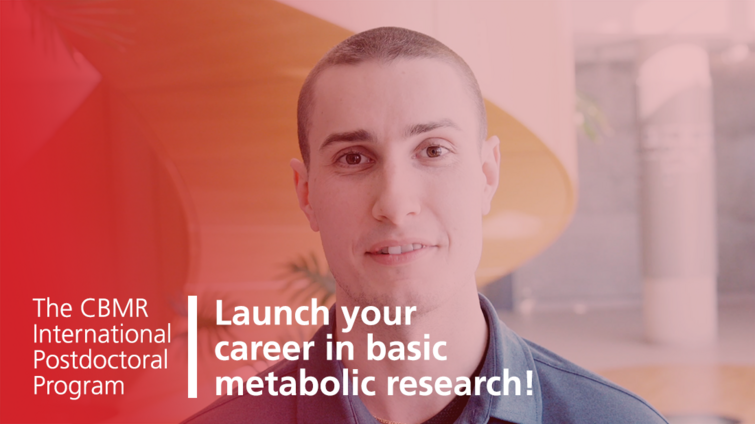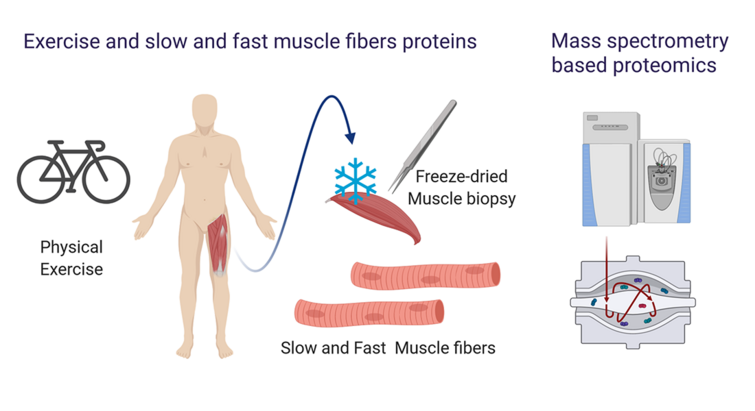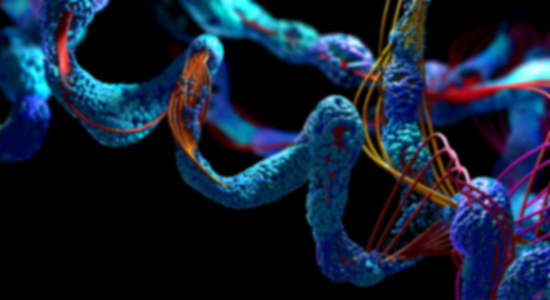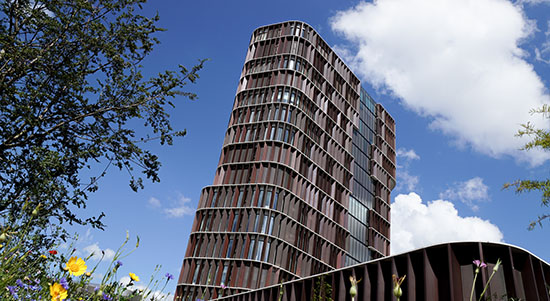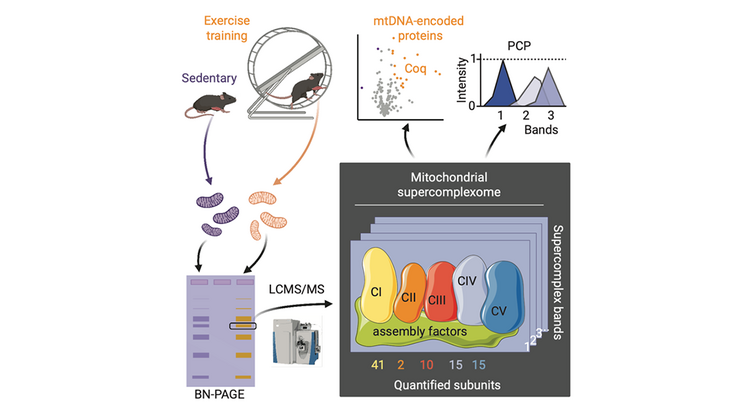
Functional Proteomics in Metabolism in the Deshmukh Group
Our goal is to investigate how diet and exercise alters intra- and intercellular communication and hence the metabolism. We employ Mass-Spectrometry-based proteomics to study cellular communication and uncover new insights into metabolic diseases, and strategies for their prevention and treatment.
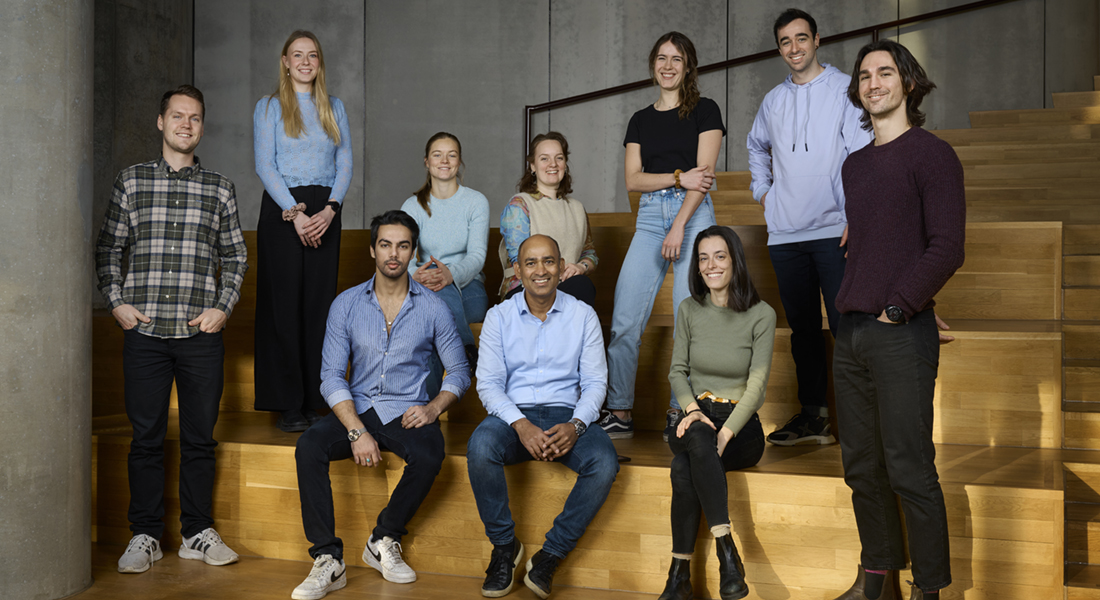
The development of metabolic diseases are highly complex and likely to be the result of altered cellular communication via proteins.
The Deshmukh Group combines state-of-the art proteomics technology with in vivo and in vitro expertise, to address how changes in intra- and intercellular communication affect metabolism during health and disease. We are specifically interested in how exercise and diet influence intracellular signaling via protein post-translational modifications and inter-organ communication via secreted factors.
Associate Professor Atul Deshmukh explains; “Our new approach of combining proteomics within metabolic studies provides previously unobtainable mechanistic insight into the development and treatment of metabolic diseases.”
High-intensity interval training remodels the proteome and acetylome of human skeletal muscle
Published in eLife in 2022, describes how skeletal muscle adapts to high-intensity interval training by changing protein expression and protein acetylation. This study provides new insight into how exercise regulates contractile, metabolic and transcriptional processes within skeletal muscle.
Integrated liver and plasma proteomics in obese mice reveals complex metabolic regulation
Published in Molecular and Cellular Proteomics in 2022, this study reveals dysregulation of secretory machinery and secreted proteins within liver. It also reveals that the metabolic and immune immune system related proteins are dysregulated in plasma of obese mice. Overall, the study yields comprehensive insights into obesity and provide an extensive resource for obesity research.
Discovery of thymosin β4 as a human exerkine and growth factor
Published in AJP Cell Physiology in 2021, this study provides a catalogue of muscle contraction induced secreted proteins and discover Thymosin beta 4 (Tmsb4) as a novel exerkine. This study shows that Tmsb4 increases osteoblast differentiation and neurite outgrowth highlighting its role in inter-organ communication.
Group Leader
Atul S. Deshmukh
PhD, Associate Professor
Phone: +45 3532 5313
atul.deshmukh@sund.ku.dk
LinkedIn Profile

Staff list
| Name | Title | Phone | |
|---|---|---|---|
| Ahmed Bibi, Shah Mir | Academic Research Staff | ||
| Deshmukh, Atul Shahaji | Associate Professor | +4535325313 | |
| Ernafasova, Dilfuza | Research Assistant | +4535331365 | |
| Haytural, Hazal | Postdoc | +4535320234 | |
| Kurgan, Nigel Kilty | Postdoc | +4535329826 | |
| Larsen, Jeppe Kjærgaard | Postdoc | ||
| Lindqvist, Cecilie Bergmann | Academic Research Staff | ||
| Moreno Justicia, Roger | PhD Fellow | +4535334182 | |
| Prats Quesada, Júlia | PhD Fellow | ||
| Samodova-Sommer, Diana | Postdoc | ||
| Schlabs, Farina Leonie | PhD Fellow | ||
| Schmidt, Lara Viola | Master Student | +4535323048 | |
| Stocks, Ben Nicholas | Assistant Professor | +4535332944 |

